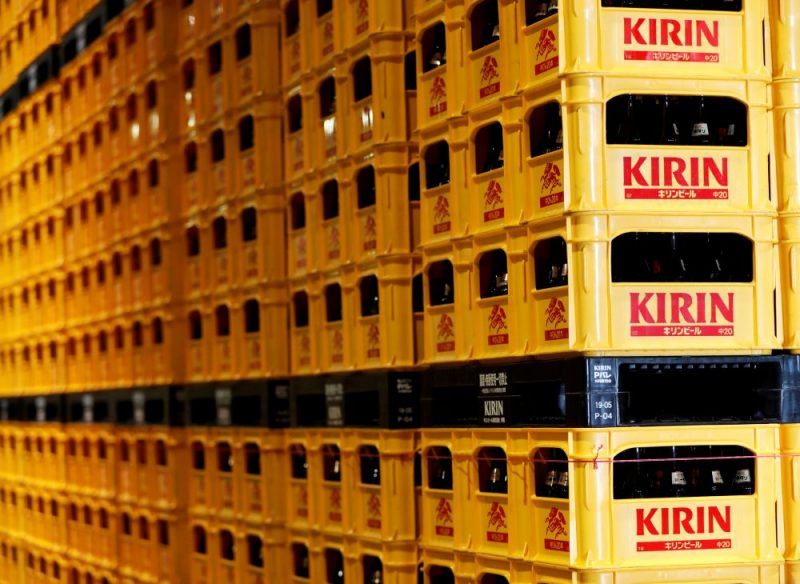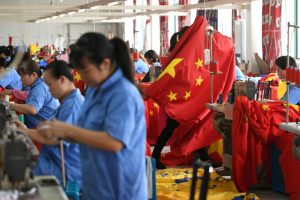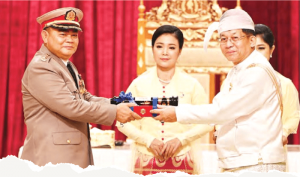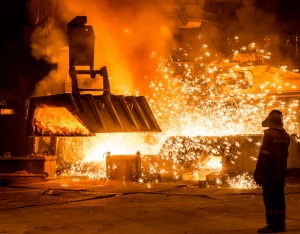Foreign companies – from Japanese retail giant Aeon to South Korean trading firm Posco International and Norway’s Telenor – are scrambling to assess the turmoil in Myanmar after the coup in a country once feted as Southeast Asia’s last big frontier.
The Myanmar military seized power on Monday against the democratically-elected government of Aung San Suu Kyi, who was detained along with about three dozen other leaders of her party in early morning raids.
Major multinational firms including Japan’s Kirin Holdings have pushed into Myanmar since Suu Kyi’s party won a landslide election in 2015 and established the first civilian government in half a century.
Although some investors have kept their distance because of the persecution of the Rohingya Muslim minority, many companies have remained in Myanmar, drawn by an emerging market of more than 50 million people.
A spokeswoman for Japanese auto-parts maker Denso Corp said it was struggling to reach staff after phone and internet connections were disrupted, while a spokesman for Aeon, which has been planning to open a shopping mall in Myanmar in 2023, said it finally got through to local staff via the internet and was monitoring the situation.
Other foreign firms including Singapore’s Overseas Chinese Banking Corp and property group Yoma Strategic Holdings reported intermittent disruptions to their business, while some closed their offices.
“We have closed our Yangon Branch temporarily today in line with the guidance from the Myanmar Bank Association. We have confirmed the safety of all of our colleagues,” a spokeswoman for Singapore’s United Overseas Bank said.
Posco International said it had advised its South Korean employees in Myanmar to work from home and the company is closely monitoring developments.
Norway’s telecoms provider Telenor said it is greatly concerned with the current situation. “Parts of the mobile network in Myanmar have been down, and the situation remains unclear,” it said.
Kirin Under Pressure
The coup heaps more pressure on beermaker Kirin, which has been reassessing its Myanmar venture after the United Nations identified owners of Myanmar Economic Holdings Public Company (MEHL), Kirin’s local partner, as members of the Myanmar military.
The military has been accused of genocide and other war crimes against the Rohingya. Myanmar denies genocide, saying its military was carrying out legitimate operations against Rohingya insurgents who attacked police posts.
A Kirin spokesman said it was monitoring the situation, and still planned to take until the end of April to make a decision about its activities in Myanmar. It recently said a third-party probe into MEHL’s military connections had yielded “inconclusive” results.
‘Dirty List’
Kirin remains on UK-based pressure group Burma Campaign’s ‘Dirty List’ of international companies doing business with the military.
Myanmar accounts for less than 5% of Kirin’s global beer sales but is one of only a handful of its growing markets.
“We have not made any decisions,” he said. “For now, we are just closely monitoring the situation.”
Veteran public relations consultant Bob Pickard said companies now faced a growing public relations risk.
“Japanese companies invested in Myanmar and especially those with military connections now need to be agile in articulating what these events mean for them,” said Pickard, who worked in Japan for many years.
“‘Business as usual’ poses an acute risk a public relations disaster for any Japanese companies that are slow to condemn what has happened.”
• Reuters with additional editing by Sean O’Meara
This report was updated on December 23, 2021 for style purposes.
ALSO SEE:
India Commits to Farmers, Announces Plan to Revive Growth
Over $400 Billion of China Debt Due in March-April





















